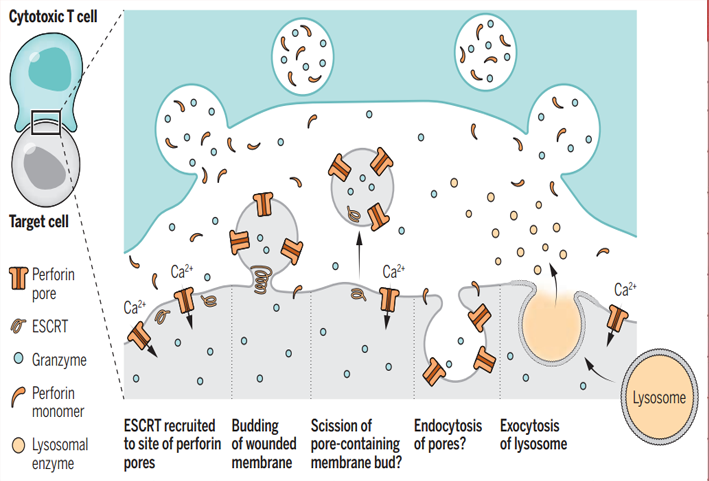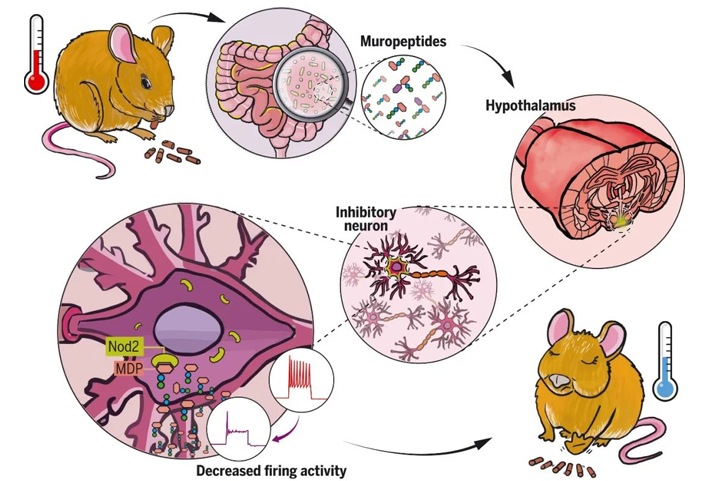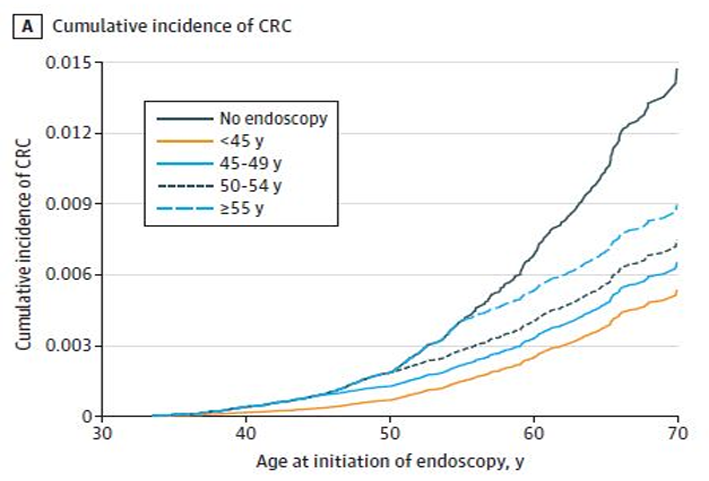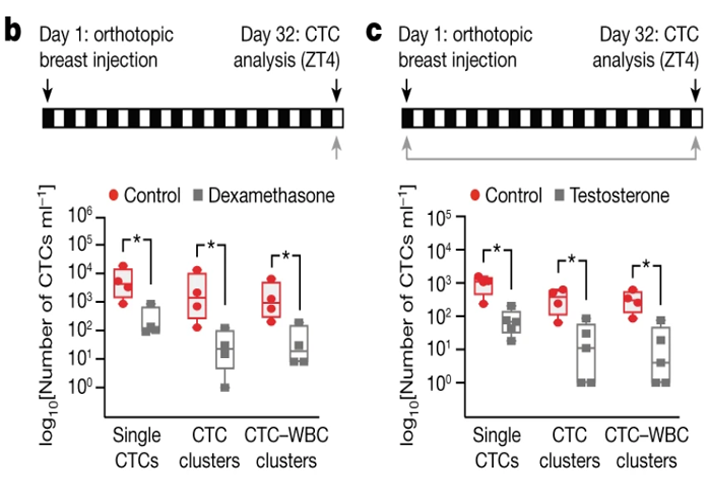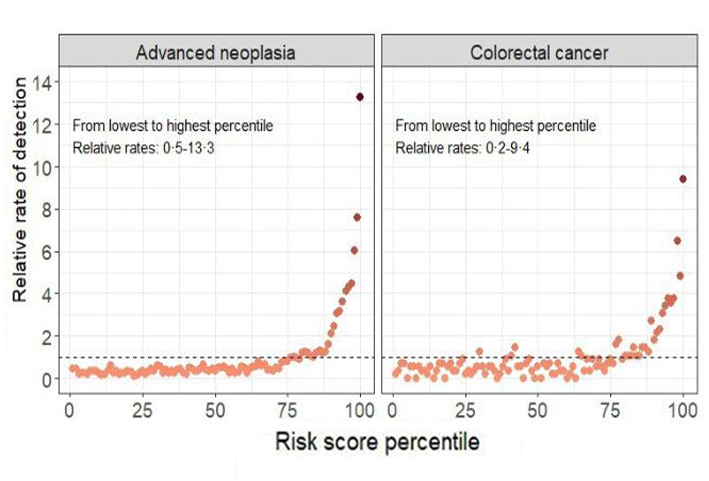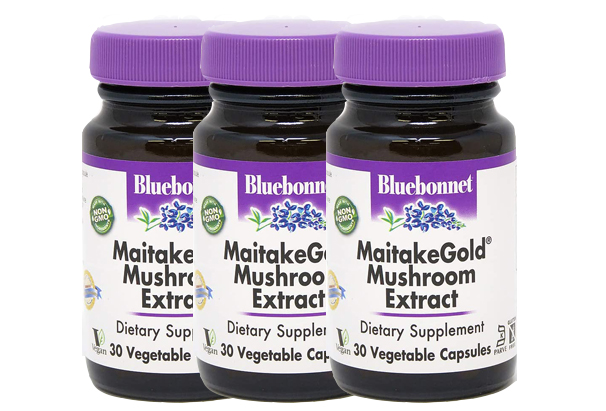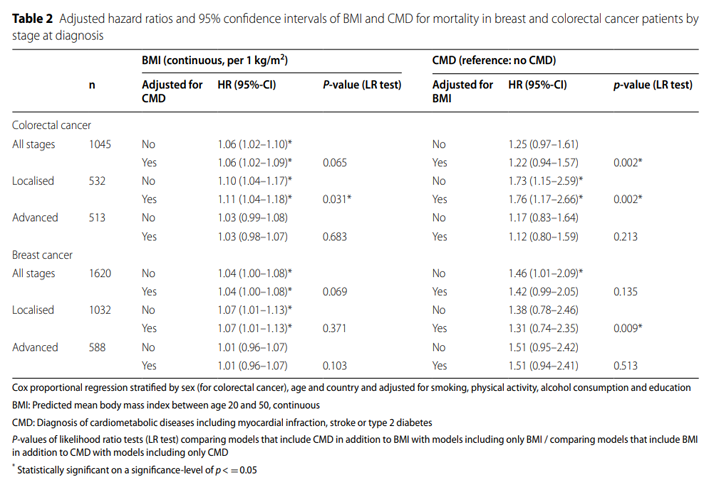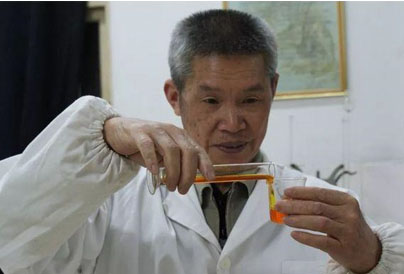Introduction: fecal microbial transplantation (FMT) has helped some patients overcome the resistance of cancer cells to immunotherapy. Now, as many as dozens of experiments are under way to study the relationship between cancer and microbiome.
About five years ago, levy was diagnosed with melanoma. Fortunately, he received a powerful immunotherapy called nivolumab, and his condition was relieved. Because levy responded well to this drug, doctors at Sheba Medical Center in tehashumo, Israel, proposed that he donate his faeces - including, of course, microorganisms in faeces - to help other patients who did not respond to cancer treatment or developed drug resistance. Levy readily agreed, cooperated with strict examination and blood drawing, and described the food he usually eats most often (pizza). He donated his faeces, put them in the refrigerator and took them to a taxi hired by the hospital. As with any transplant, time is the key - doctors expect stool samples to arrive within 90 minutes.
After arriving at the laboratory, the researchers tested Levy's feces for pathogens, diluted it, homogenized it, centrifuged it, screened it into refined microbial soup, frozen it, dried it, and made it into capsules. Oncologist Ben boursi, who led the study, shared with levy an anonymous image scan of one of the stool transplant recipients. Seeing the small black spots representing melanoma metastasis gradually shrink and eventually disappear, levy and his daughter felt very excited. Until today, the recipient has not been tested for cancer for three years, and has also become a stool donor for melanoma treatment trials. Levy believes that this is a valuable "heritage": "I am proud that I can save lives. If necessary, I will donate again."
More and more studies have shown that intestinal microorganisms have good or bad effects on the progression of distant tumours, the side effects of cancer treatment, and the ability of the immune system to clear cancer cells. Some studies have linked good effects to specific bacteria, which helps to produce tailored treatments. Scientists are exploring the role of diet and intestinal microbial diversity; At the same time, we are also trying to reveal the interaction between intestinal microorganisms and tumor microorganisms - which may open up new targets for cancer treatment.
However, translating these observations into practical therapies has proved difficult. Ben boursi, an oncologist at Sheba Medical Center, has treated 30 patients. He estimated that 50 to 100 people worldwide have received fecal microbial transplantation (FMT) - as a complementary treatment for cancer treatment. With the progress of some new research, researchers also need to explore who is the best donor, how to make the scale of fecal microbial transplantation, and make more people affordable.
Boursi et al. Did not flinch. He said that FMT may open the door to "ecological Oncology", so that people can better understand the tumor, host, immune system and resident microorganisms, so as to develop more efficient treatments.
A far-reaching experiment
01
Boursi's interest in FMT began in 2006. During a hiking trip, burrs on trees attracted his attention - they were similar to tumors and were the result of infection of plants. A guess formed in boursi's mind - in the human body, tumors and bacteria may also interact. But his colleagues advised him not to dwell on this idea, and it was better to "focus on Genetics". Nevertheless, boursi has promoted epidemiological research linking cancer and microbiome to explore how antibiotics change cancer risk and how diet regulates intestinal microorganisms.
Ten years later, the microbiome gradually showed its changeability in human health and disease; The relationship between microorganisms and cancer has also begun to receive more and more attention. At the same time, there is a surge of interest in immunotherapy - these immunotherapy drugs have achieved significant efficacy in the treatment of many types of cancer, but they are not effective for every patient, and only 15-20% of patients have a lasting response to immunotherapy.
In various cancer conferences and top academic journals, data about the positive or negative effects of microorganisms on cancer immunotherapy began to pile up. Among them, a 2015 study is often mentioned. The study was conducted by Thomas gajewski, an oncologist at the University of Chicago in Illinois, and colleagues. Studies have shown that the balance of intestinal microorganisms in mice determines whether rodents respond to certain types of immunotherapy; Changing the microbiome can make mice have a better response to immunotherapy. In 2018, three research papers responded to the above results - the subjects of the study were melanoma patients treated with checkpoint inhibitors; The presence of some key microorganisms in the intestines of these patients affects their response to treatment.
Soon, researchers around the world began clinical trials of fecal microbial transplantation (FMT). Through FMT therapy, patients repeatedly infected with Clostridium difficile (a bacterium that can cause debilitating diarrhea) were relieved. Melanoma is one of the main targets of FMT support therapy - melanoma is a common cancer, but it responds well to immunotherapy only in some cases.
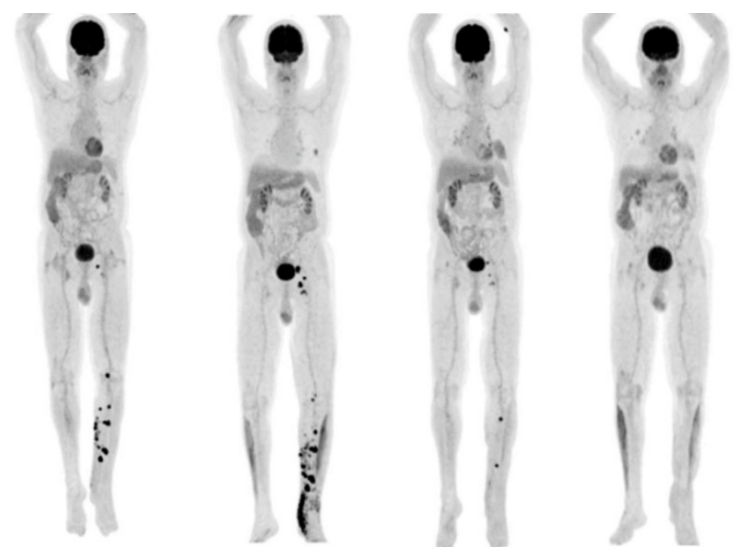
Figure 1: the scanning image of a test patient from Israel shows:
After FMT treatment, tumor metastasis completely subsided.
Image source: E N. Baruch et al./Science
David pinato, a cancer consultant at Imperial College London, said: "scientists still don't know what" good feces "means - which donors can provide" good feces "to promote an effective anti-cancer response. We need to know whether the fecal microorganisms donated by the donor can work actively in the recipient; Otherwise, the donated fecal microorganisms may only serve as a placebo. "
A study from the United States published a parallel study in the journal Nature Medicine in March this year, aiming to identify which microorganisms contribute to the anti-cancer response and which do not. The study also explored whether machine learning can help match microbiome donors and receptors. Amiran dzutsev, an immunologist at the National Cancer Institute and one of the main authors of the study, said that at present, scientists do not know whether cancer survivors have a "bad" microbiome and a "good" immune system; Or vice versa.
A more recent study came from Canada. The researchers used fecal microorganisms from non cancer patients for transplantation to test whether such FMT can prevent such people from becoming resistant to immunotherapy for people who have not previously received immunotherapy. The research team presented the results of their early trials at the American Society of Clinical Oncology meeting held in June this year. Saman Maleki, the head of the study, said that primary resistance was the biggest problem facing the field. The study recruited 20 patients with advanced melanoma. After receiving FMT and immunotherapy, 3 people showed complete response to the treatment; 13 people reacted partially; Three people showed stable disease symptoms (another participant died of melanoma).
These data are preliminary, but Maleki is satisfied with the current results: "we see not only good safety signals from all these studies, but also early signals, which shows that microbiome based treatment can improve the efficacy of immunotherapy."
Manipulate complex ecosystems
02
Another issue that needs to be considered is the microbiome of the tumor itself. Microorganisms account for about 25% of the tumor environment, and their presence can promote or block anti-tumor immunity. In the past few years, the work of Ravid straussman, a cancer biologist at the Weizmann Institute of Science in Rehovot, Israel, has shown that microorganisms in tumors can mediate resistance to chemotherapy. His team also found specific bacteria located in tumor cells.
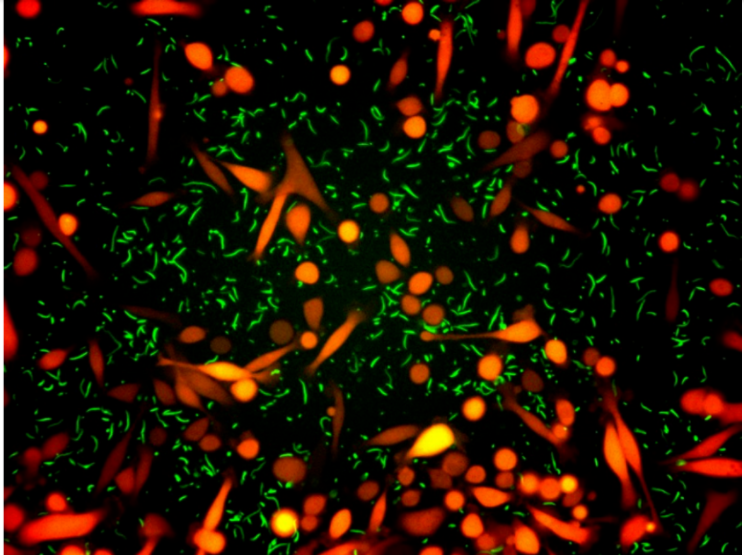
Figure 2: cancer cells co cultured with bacteria (green) (Orange): many tumors have their own microbiome, which may interact with microorganisms in other parts of the body.
Source: straussman lab/weizmann Institute of Science
Some studies have begun to unravel the complexity of tumor microbiome. In 2019, a paper published in the journal Cell studied patients with pancreatic cancer from Baltimore, Maryland, and Houston, Texas, USA - pancreatic cancer is a cancer with a generally low survival rate. The study found that compared with patients who survived less than 5 years, long-term responders (patients who survived five years or more) had more diverse tumor microbiome. Some microorganisms in the tumor seem to come from the intestine. After the fecal microorganisms of long-term responders were transplanted into pancreatic cancer mice, the tumor growth of mice was inhibited and the immune cell function of mice was strengthened.
Another open question is to what extent diet will affect microbiota transplantation - which may be the least studied area in this work. The most common question asked by patients with Clostridium difficile infection treated with FMT is: what should they eat after surgery. The researchers suggest minimizing the intake of processed foods and increasing plant-based diets - because beneficial gut microbes prefer complex carbohydrates.
Christine Spencer, director of informatics at the park cancer immunotherapy Institute in San Francisco, California, said that epidemiological studies around the world have shown that diet has a greater impact on intestinal microbiome characteristics than genes. Spencer is the lead author of a 2021 study. Its research shows that melanoma patients who eat a high fiber diet are more likely to have a positive response to immunotherapy, while over-the-counter probiotics can lead to a poor response to immunotherapy.
Alleviate toxic and side effects
03
Amnon Shany was diagnosed with malignant melanoma in 2017. Subsequently, he volunteered to participate in a clinical trial (testing the immune checkpoint inhibitor pembrolizumab, an antibody that inactivates the protein that cancer cells use to avoid immune cells.) However, the side effects of this immunotherapy immediately prevailed: arthritis Limited all his movements; In two years, Shany was sent to hospital six times due to dehydration caused by severe diarrhea. Although the metastatic tumor shrank, it did not disappear.
A year and a half ago, the doctor suggested that Shany try FMT and have another round of immunotherapy. Shany's first reaction was shock: "if I have experienced all this pain, the last thing I think of on earth is swallowing other people's feces."
But he didn't hesitate too long. During the chaos of the covid-19 pandemic, Shany signed the consent form and participated in the trial. He received a course of FMT through colonoscopy; He then took two more doses of 32 olive sized capsules, nicknamed "Zeppelin" by Shany. This time, the treatment effect was good: his last PET scan was in May this year, and it was very clean.
Shany's FMT came from the only full responder in the first clinical trial in Israel, making Shany the second-generation recipient of Levy's stool donation. Immunotherapy is not only effective, but also its side effects are minimized, which makes Shany breathe a sigh of relief.
For researchers, this is a great hope that microbiota regulation may alleviate the serious side effects of immunotherapy. FMT is being carried out at Memorial Sloan Kettering cancer center in New York City, University of Minnesota School of medicine and other places, mainly for patients receiving stem cell transplantation. Its purpose is to offset the damage of chemotherapy, radiotherapy and antibiotic cycles to the microbiome.
Scale expansion
04
If cancer microbiota transplantation becomes mainstream, they may strain the limited supply of donors, because few of those who are willing to donate feces really meet the conditions.
Although the preparation of feces is simple, the need to prevent cross contamination means that researchers can only process one donor sample in one room every day, and even the most efficient academic facilities may not be able to cope with the need for scale-up. Microbiota transplantation may have to be taken over by commercial or non-profit enterprises. "To do this on a large scale requires capital investment," khoruts said. "There are signs that this is happening, and some clinical trials are conducted by companies."
In addition, FMT for cancer treatment may eventually need to integrate a variety of technologies: for example, the use of human sources or engineered bacteria to manufacture drugs. This requires a deeper understanding of the complexity of microbial communities in cancer.
With the emergence of technical requirements, FMT treatment may become expensive, and not all patients can afford it. Colleen Kelly, a gastroenterologist at Brown University in Providence, Rhode Island, worries that the inequalities in cancer treatment will also occur in FMT treatment.
Although the future is full of uncertainty, FMT related trials will continue to move forward and gradually involve the supportive treatment of other types of cancer. Boursi said: "such an experiment will change the way people look at and study cancer, and ultimately change the way people treat cancer."
Reference material:
https://www.nature.com/articles/d41586-022-01959-7
Article source:
https://www.cn-healthcare.com/article/20220723/content-571552.html


